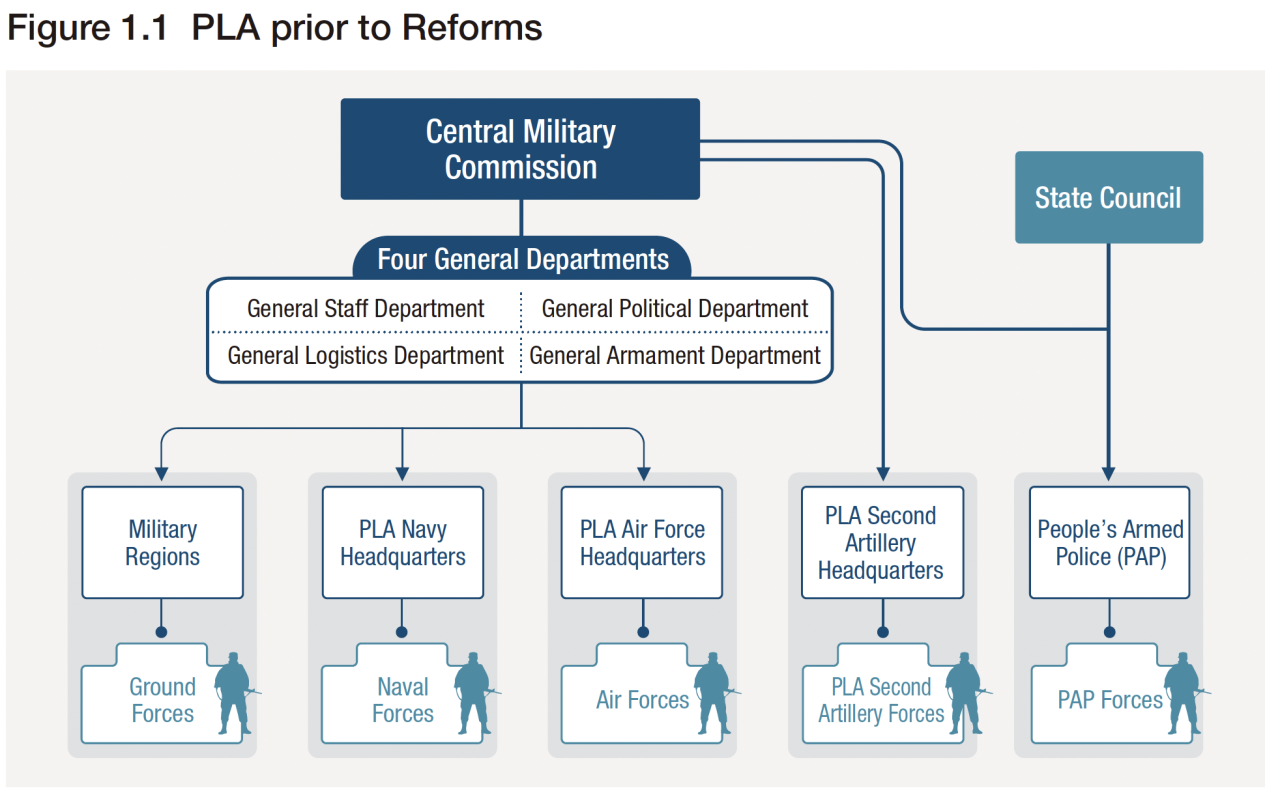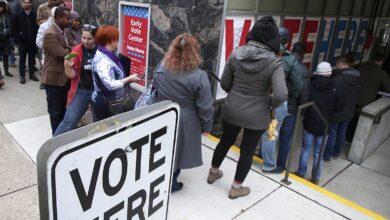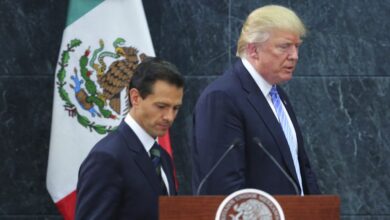
Mexicos Mighty Diaspora Underrepresented Voters
Mexicos mighty diaspora punches below its weight in elections – Mexico’s mighty diaspora punches below its weight in elections. This is a story of untapped potential, a vast community with incredible influence, yet often underrepresented in the political processes of their adopted homes. Millions of Mexicans live and work across the globe, contributing significantly to their new countries’ economies and cultures. But how effectively are their voices heard in the halls of power?
This post delves into the complex factors that contribute to the underrepresentation of this vibrant and influential group, exploring the challenges and celebrating the successes.
We’ll examine the geographical spread of the Mexican diaspora, looking at the size of communities in various countries and the differing levels of political engagement they exhibit. We’ll also explore the significant obstacles these communities face, from language barriers and lack of information to more systemic issues like immigration status. But it’s not all gloom and doom. We’ll also highlight examples of successful political action, celebrating the achievements of Mexican-immigrant politicians and community organizations, and outlining strategies for future success.
This is a story of resilience, community, and the ongoing fight for fair representation.
The Scope of the Mexican Diaspora’s Political Participation

The Mexican diaspora, a vast network of individuals tracing their origins to Mexico, exerts a significant, albeit often understated, influence on the political landscapes of numerous countries. Understanding the scope of their political participation requires examining their geographic distribution, demographic characteristics, historical context, and the socio-economic factors that shape their engagement. This nuanced understanding is crucial for accurately assessing their political power and potential.The geographic distribution of the Mexican diaspora is extensive, with large communities established in the United States, Canada, and various European nations, as well as in other parts of Latin America and beyond.
These communities vary greatly in size and established history, impacting their levels of political integration and engagement. The demographic composition also varies widely; it includes individuals across all age groups, socioeconomic strata, and levels of education. This diversity inevitably leads to a range of political viewpoints and levels of activism.
Geographic Distribution and Demographic Characteristics of the Mexican Diaspora
The following table offers a glimpse into the size and political engagement of Mexican communities in select countries. Note that precise figures for voter registration and political participation are often difficult to obtain due to data limitations and variations in methodologies across countries. These estimates should be viewed as approximations reflecting general trends.
| Country | Population Estimate (2023, approx.) | Voter Registration Rates (Estimate, %) | Political Participation Levels (Estimate, Qualitative) |
|---|---|---|---|
| United States | 38 million | Varies significantly by state; generally lower than non-Hispanic whites | High in some local elections and specific issues (e.g., immigration reform); lower in national elections |
| Canada | 1 million | Data limited, but likely lower than the general population | Moderate; increasing participation in local and provincial elections |
| Spain | 200,000 | Data scarce; likely varies regionally | Low to moderate; engagement often focused on specific community issues |
| Other Countries (aggregate) | Several million (distributed across various nations) | Data highly variable and generally unavailable | Highly variable, dependent on local contexts and legal frameworks |
Historical Context of Mexican Immigration and its Impact on Political Engagement
Mexican immigration patterns have significantly influenced the diaspora’s political participation. Early waves of immigration, often driven by economic factors, might have resulted in lower political engagement due to factors like language barriers, legal status concerns, and a lack of established community networks. However, more recent waves, while still facing challenges, often show higher levels of political organization and activism, partly fueled by increased awareness of rights and access to resources.
For example, the long history of Mexican immigration to the US, starting well before the 20th century, has resulted in the formation of robust political organizations and advocacy groups focusing on issues relevant to the Mexican-American community.
Socio-Economic Factors Influencing Political Participation, Mexicos mighty diaspora punches below its weight in elections
Socio-economic factors play a crucial role in shaping the political engagement of Mexican immigrants. Lower levels of education, income inequality, and precarious employment situations can create barriers to political participation. Language barriers, particularly in countries where Spanish is not widely spoken, can also limit access to information and hinder engagement in political processes. Conversely, higher levels of education, stable employment, and access to resources can empower individuals to participate more actively in the political system.
For instance, Mexican immigrants with advanced degrees and stable jobs in the US are more likely to be politically active and involved in voting compared to those with less formal education and precarious employment. The existence of well-established Mexican-American communities in specific regions also provides support networks that encourage political engagement.
Successes and Achievements of the Mexican Diaspora in Politics: Mexicos Mighty Diaspora Punches Below Its Weight In Elections

Despite facing significant challenges, the Mexican diaspora has achieved notable successes in the political arena, demonstrating its growing influence and impact on policy-making in both the United States and Mexico. These achievements are a testament to the resilience, organization, and political engagement of Mexican-Americans and Mexican immigrants. Their contributions highlight the power of community mobilization and the importance of representation in shaping a more inclusive political landscape.The Mexican diaspora’s political influence is multifaceted, encompassing electoral victories, policy impacts, and advocacy efforts.
While underrepresentation remains a persistent issue, the progress made showcases the potential for even greater political power in the future. Examining specific examples reveals the significant and lasting impact of this community’s engagement.
Electoral Victories and Political Representation
The increasing number of Mexican-American and Mexican-immigrant elected officials at various levels of government represents a significant achievement. This growing representation reflects the increasing political participation of the community and its growing electoral power. For instance, the election of Julián Castro as the first Mexican-American mayor of a major U.S. city (San Antonio) marked a pivotal moment, demonstrating the potential for leadership within the community.
Similarly, the numerous Mexican-American and Latino representatives serving in the U.S. Congress, such as Joaquin Castro and Ted Lieu, illustrate a growing presence in national politics. These elected officials have championed issues crucial to the Mexican diaspora, from immigration reform to education and healthcare access. Their presence provides a powerful voice for their constituents and influences policy decisions directly impacting the community.
Policy Influence and Legislative Achievements
Mexican-American and Mexican-immigrant politicians have played a critical role in shaping policies affecting the Latino community and broader society. Their legislative achievements reflect the priorities of their constituents and the needs of a diverse population. For example, the advocacy efforts of several Latino lawmakers contributed significantly to the passage of the DREAM Act, which provided a pathway to citizenship for undocumented immigrants brought to the United States as children.
Furthermore, many elected officials have been instrumental in advocating for policies aimed at improving access to education, healthcare, and affordable housing within Latino communities. Their influence extends beyond specific legislative victories, shaping the political discourse and pushing for broader systemic changes.
Contributions of Mexican Diaspora Organizations
Mexican diaspora organizations play a vital role in political advocacy and mobilization. Groups like the League of United Latin American Citizens (LULAC) and the National Council of La Raza (UnidosUS) have a long history of working to advance the political interests of the Latino community. These organizations engage in voter registration drives, conduct civic education programs, and lobby for legislation beneficial to their members.
Their efforts have been instrumental in increasing voter turnout within the Latino community and ensuring that the voices of Mexican-Americans and Mexican immigrants are heard in the political process. These organizations provide crucial resources and support, empowering community members to participate more effectively in the political system. Their sustained advocacy has been essential in achieving many of the successes highlighted above.
The Mexican diaspora is a powerful force, a vibrant tapestry woven from countless individual stories of resilience, hard work, and unwavering hope. While they currently face significant hurdles to full political participation, their influence is undeniable. By addressing systemic barriers, fostering community engagement, and amplifying their voices through effective media representation, the Mexican diaspora can achieve its full political potential.
This isn’t just about increasing voter turnout; it’s about ensuring that the contributions of this incredible community are fully reflected in the policies and decisions that shape their lives and the future of their adopted homes. The fight for equitable representation is far from over, but the potential for positive change is immense.
It’s frustrating to see Mexico’s massive diaspora, a powerful force for change, consistently underrepresented in US elections. This lack of political clout is partly due to the fact that, as many commentators point out, American policy has become thoroughly trumpified, as evidenced by this insightful article: american policy has become thoroughly trumpified. This shift in political climate further marginalizes already vulnerable communities, highlighting the urgent need for greater Mexican-American political engagement to counter these trends and truly make their voices heard.
It’s frustrating seeing Mexico’s massive diaspora struggle to wield its potential political influence; their collective voice often feels muted. Meanwhile, I saw this amazing article about SpaceX, where they’re literally sending spacex delivers tomato seeds other supplies to space station , which is pretty cool. But back to the point, the lack of effective political mobilization among Mexican expats is a real missed opportunity for greater representation.
It’s frustrating to see Mexico’s massive diaspora, a powerful force globally, struggle to exert significant influence in US elections. This underrepresentation likely stems from deeper systemic issues, mirroring the broader economic challenges faced by Latin America. Check out this insightful article on why Latin America is the world’s trade pipsqueak: why latin america is the worlds trade pipsqueak.
Ultimately, the lack of economic clout for the region as a whole probably hinders the political leverage of its diaspora communities, including Mexico’s, reinforcing their comparatively weak electoral impact.





